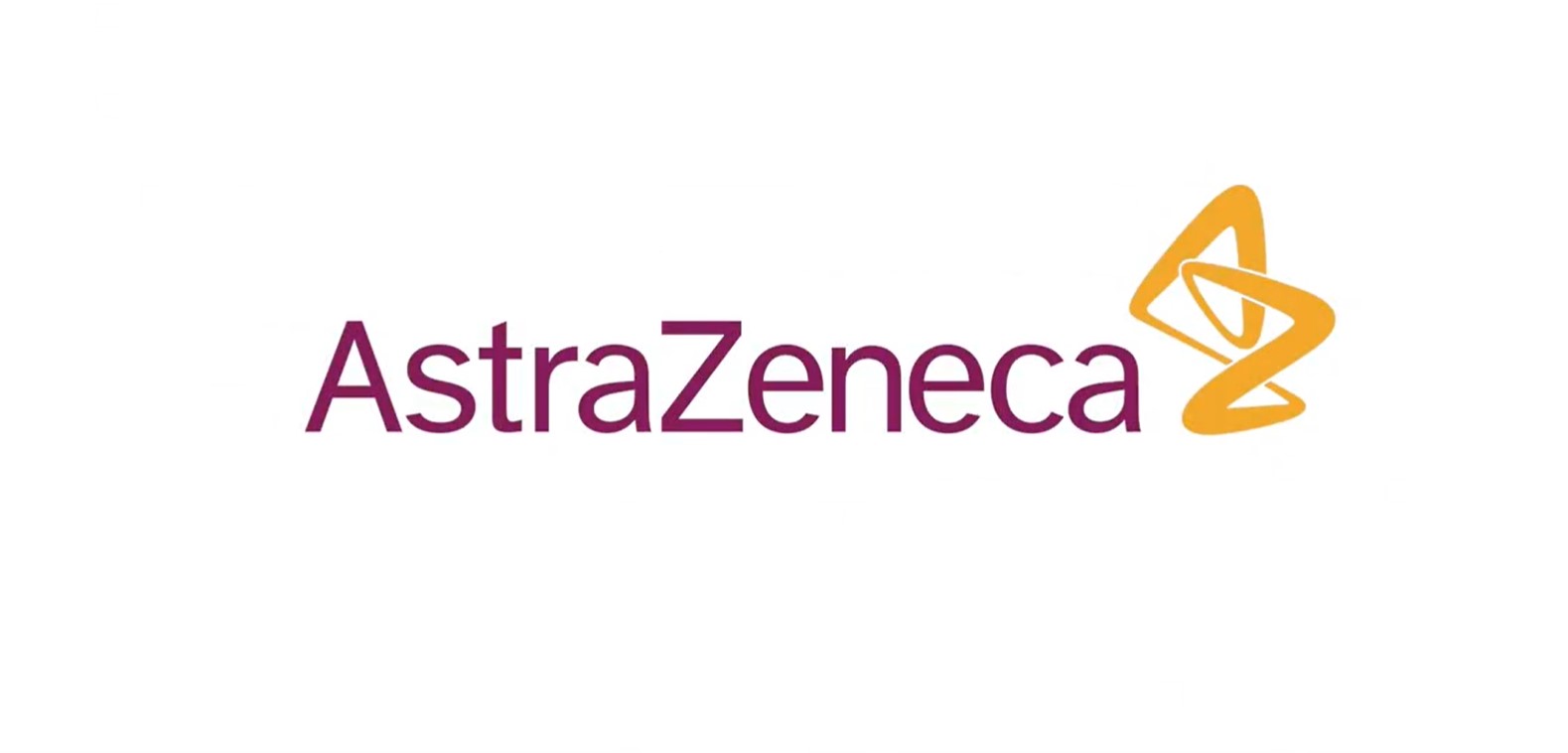AstraZeneca partners with UNICEF to prevent non-communicable diseases
The South Africa targets will contribute to the global goal to reach more than five million young people with NCD prevention messages, train 1,000 youth advocates, and positively shape public policy around the world, over the next five years.

- Country:
- South Africa
AstraZeneca South Africa (AstraZeneca.com) announced today that it will work with UNICEF South Africa through its philanthropic Young Health Programme, as part of a new global partnership. The aim is to reach 30,000 adolescents and youth across the country with messaging on how to prevent non-communicable diseases (NCDs), to identify young leaders who can advocate on the issue, promoting healthy diets and physical activity, and to generate evidence that can inform national policies and plans.
The South Africa targets will contribute to the global goal to reach more than five million young people with NCD prevention messages, train 1,000 youth advocates, and positively shape public policy around the world, over the next five years.
The World Health Organisation (WHO) identifies NCDs as the number one cause of death worldwide and 70% of premature deaths from NCDs can be linked back to behaviours that first appear in adolescence.
The partnership will combine UNICEF’s experience supporting young people in 190 countries with the Young Health Programme’s award-winning programming focused on working with youth to reduce risk behaviours associated with NCDs. The partnership also includes direct work with governments, policymakers and young people to address the rising burden of NCDs. The programme will launch initially across six accelerator countries, including Angola, Belize, Brazil, Jamaica, Indonesia and South Africa, and then expand to other countries.
Barbara Nel, AstraZeneca Country President for African Cluster said: “It’s important not to lose sight of the staggering impact of non-communicable diseases on the future health of our society. We believe that engaging young people in this effort and empowering them as advocates is crucial for success, and we are delighted to be working with UNICEF. This partnership has the potential to exponentially extend the reach of this effort.”
“The health and development consequences of non-communicable diseases in South Africa are catastrophic,” said Christine Muhigana, UNICEF South Africa Representative.
“This partnership with AstraZeneca is so important because, with the right support, young people can change simple behaviours to lead healthier and more productive lives that will benefit themselves and society as a whole,” added Muhigana.
Now in its eleventh year, the AstraZeneca Young Health Programme has reached more than four million young people across 30 countries, through a focus on education, advocacy, research and mentorship. The programme seeks to raise awareness of and prevent the primary risk factors – tobacco use, harmful use of alcohol, physical inactivity, unhealthy diet and exposure to air pollution - that contribute to NCDs such as cardiovascular and respiratory disease, cancers and mental health conditions among young people and key decision-makers.
(With Inputs from APO)
ALSO READ
BRIEF-Astrazeneca Says All Resolutions Were Supported At Today's AGM
BRIEF-Astrazeneca To Increase 2024 Dividend By 7%
AstraZeneca shareholders approve 2024 pay policy at AGM
AstraZeneca shareholders approve 2024 pay policy in boost to CEO Soriot
UNICEF chief finally in Israel, meets with families of hostages










